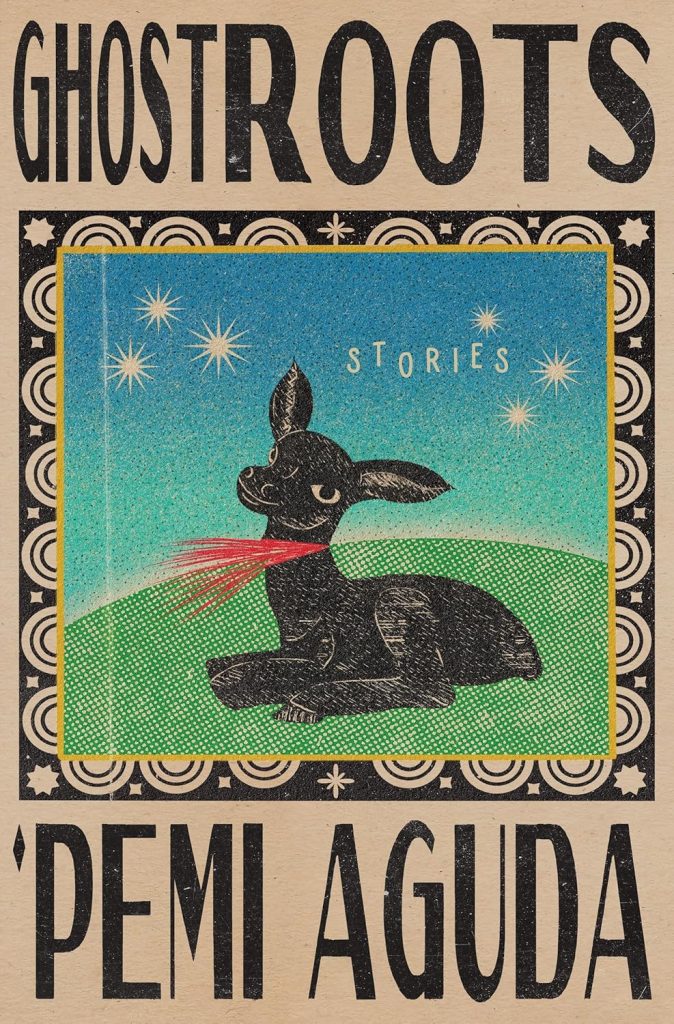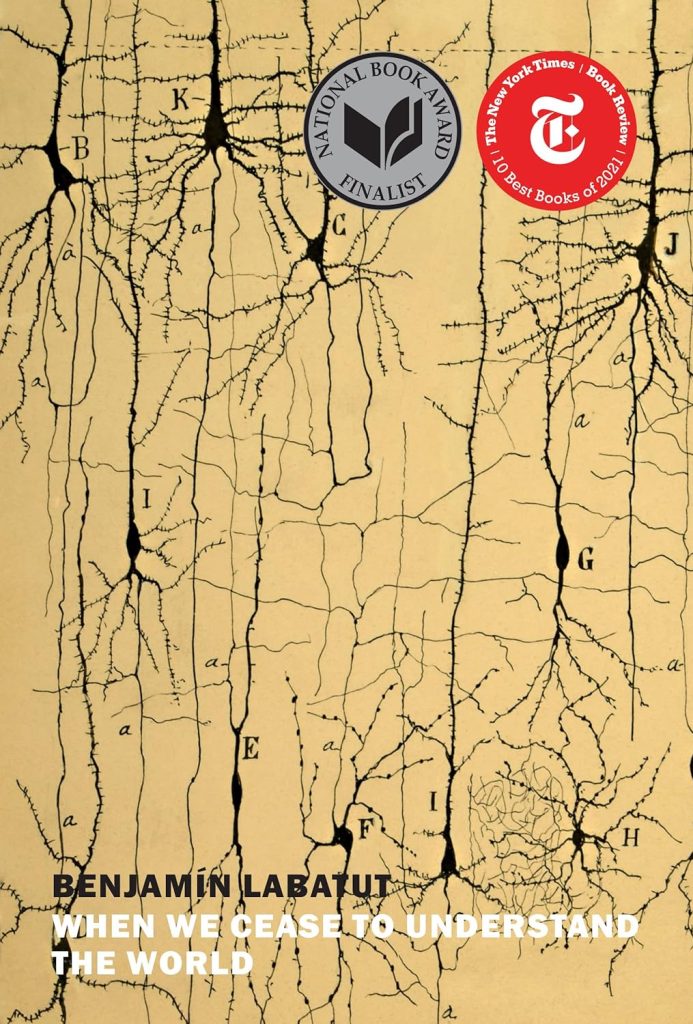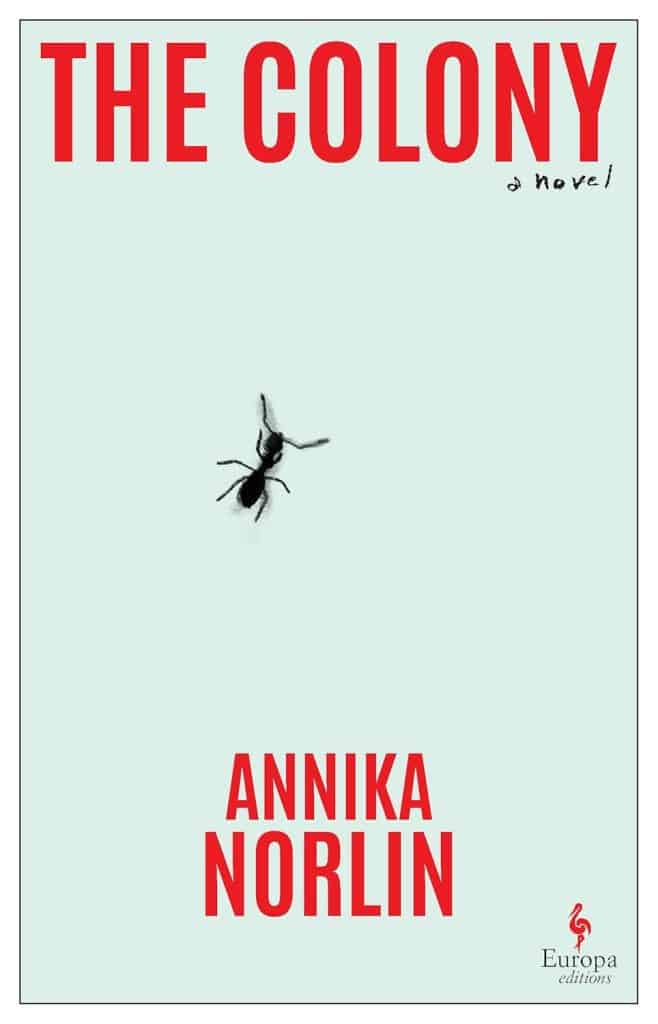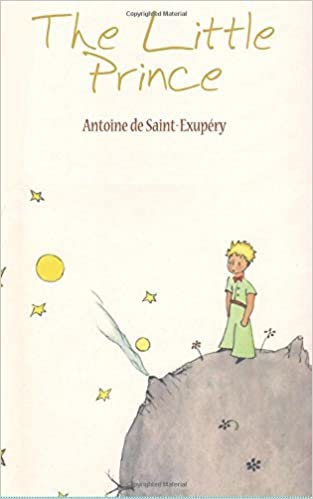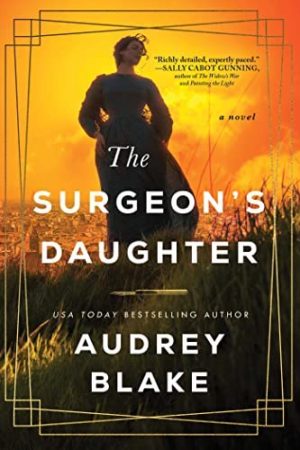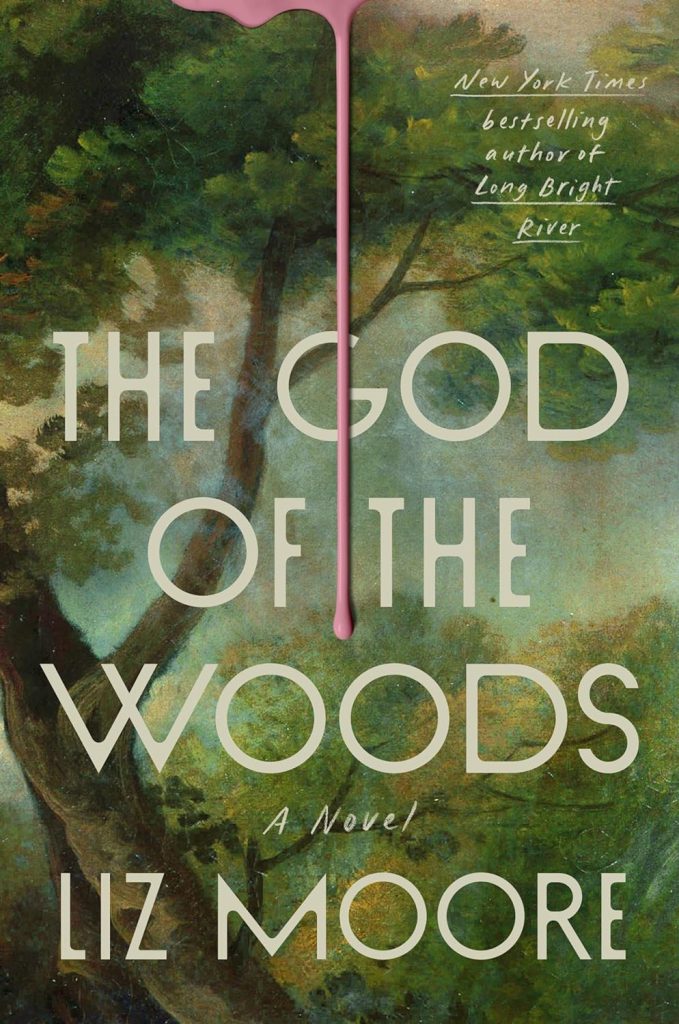
Liberty Wins in Overtime
Safeguarding Liberty is the Ultimate Test of Our Era!
Estimated reading time: 2 minutes, 4 secondsAs Arnold and I left the reading of “Lemuria,” a comedy about dominance, “queer” Southern scientists, academic lineage, sex, and lemurs, he checked his messages. I asked if everything was OK. He told me that Nancy, his wife, texted that the game was tied, referring to the Liberty-Lynz championship game. The suspense of the tied game added an extra layer of excitement as we hurried to catch our train home before the end of the W championship game.
Regrettably, we missed the 9 p.m. train, a moment of disappointment that only heightened our anticipation for the game. We had to endure a 40-minute wait, during which we decided to find a bar to watch the game and have a drink. The bar for ticketed passengers was showing the Mets and the Jets, so we opted to try Moynihan, the new station.
The Moynihan Train Hall was bright, spacious, and inviting. We were disappointed to find the first screens at the bar tuned to the Jets and the Mets. We eventually found the game on a screen near the kitchen.
As the game progressed, it became apparent that no one had taken a drink order. We felt invisible in the bar, surrounded by younger customers, none of whom seemed interested in the game. Was there an unspoken rule that the bar did not cater to older customers? Just as the Liberty took the lead, we had to leave to catch our train at Penn Station.
On the train, Arnold opened the game on his iPhone, and we followed it until Liberty and Lynx scored 60-60 at the end of regulation. We lost reception as we entered the tunnel under the Hudson River. The Liberty were up by one as we exited into NJ.
We parted ways at Newark’s Penn Station, and I settled into my seat on the Raritan Valley Line. As we left the platform, I asked a fellow passenger about the score. Excitedly, he replied that the Liberty won 67-62.
As my train chugged closer to Cranford, I pondered the undeniable truth that we are all born equal and endowed by our Creator with unalienable rights to Life, Liberty, and the Pursuit of Happiness. The triumph of the NY Liberty ignited optimism within me, serving as a powerful reminder to remain resolute in safeguarding America as a sanctuary for all, regardless of age, ability, gender, sexual orientation, ethnicity, religion, or political affiliation.





